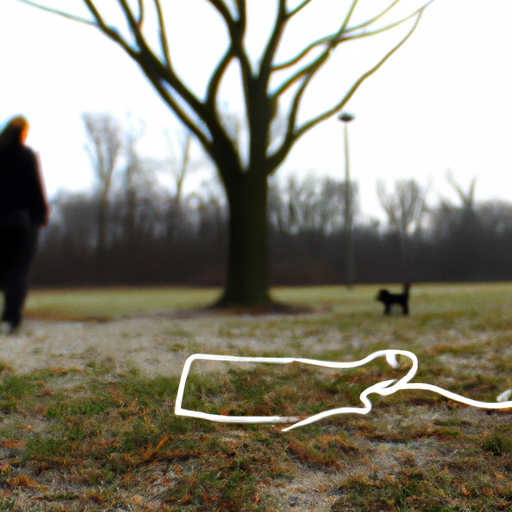The Emotional Impact of Pet Theft
You’re a caregiver, someone who understands the profound emotional connection between humans and their pets. Imagine one day, your furry friend is suddenly missing – the leash left hanging on the wall, and the food dish untouched. It’s a scenario that’s more common than you might think, and it’s not always runaway pets. Sometimes, people steal dogs.
The Motivations Behind Dog Theft
Why would anybody want to steal a dog? There are several reasons:
-
For breeding purposes – Purebred dogs can be worth a lot of money, especially if they have a pedigree. If someone can steal a purebred dog, they might use it to breed puppies that they can then sell.
-
For ransom – In some cases, thieves may steal a dog only to return it later for a “reward.”
-
For resale – Some thieves may sell stolen dogs, either directly or through a third party.
-
For dogfighting rings – This is a particularly horrifying reason, but it does happen. Thieves steal dogs to use them in illegal dogfighting rings, either as fighters or as “bait” dogs.
-
As an act of revenge – Sometimes, people steal dogs to hurt the owner, either out of jealousy, anger, or some other negative emotion.
How Dog Thefts Occur
Dog thefts often occur in one of two ways:
-
Opportunistic theft: This happens when a thief sees an opportunity, like a dog left unattended in a yard or a car, and takes it.
-
Targeted theft: This is when a thief specifically decides to steal a dog, either because of its breed, its value, or for some other reason.
Preventing Dog Thefts
Preventing dog thefts is a matter of being vigilant and taking precautions:
- Always keep an eye on your dog – Don’t leave your dog unattended in public places, and ensure your yard is secure.
- Microchip your dog – This can help track your dog in case it is stolen.
- Keep current photos and detailed descriptions of your dog – This can help identify your dog if it’s stolen and later found.
- Be wary of strangers asking too many questions about your dog – They could be potential thieves scoping out their next target.
The Legal Consequences of Dog Theft
Dog theft is a crime, and it is punishable under the law. However, the exact consequences will depend on the jurisdiction and the circumstances of the theft. In many places, dog theft is considered a felony, punishable by substantial fines and imprisonment.
| Jurisdiction | Legal Consequence |
|---|---|
| United States | Felony, fines or imprisonment |
| United Kingdom | Felony, fines or imprisonment |
| Canada | Felony, fines or imprisonment |
| Australia | Felony, fines or imprisonment |
Frequently Asked Questions
Q: Are certain breeds more likely to be stolen?
A: Yes, popular and expensive breeds like French Bulldogs and Yorkshire Terriers are often targeted.
Q: What should I do if my dog is stolen?
A: Report it to the police immediately, and spread the word in your community and on social media.
Q: Can a microchip help recover a stolen dog?
A: Yes, if the thief takes the dog to a vet or shelter where they scan for chips.
Q: Is dog theft increasing?
A: Unfortunately, yes. The demand for pets, particularly during the pandemic, has seen an increase in pet thefts.
In conclusion, as caregivers, we must protect those who depend on us, including our four-legged friends. By understanding why and how dog theft occurs, we can better safeguard our pets from these heartbreaking incidents.



